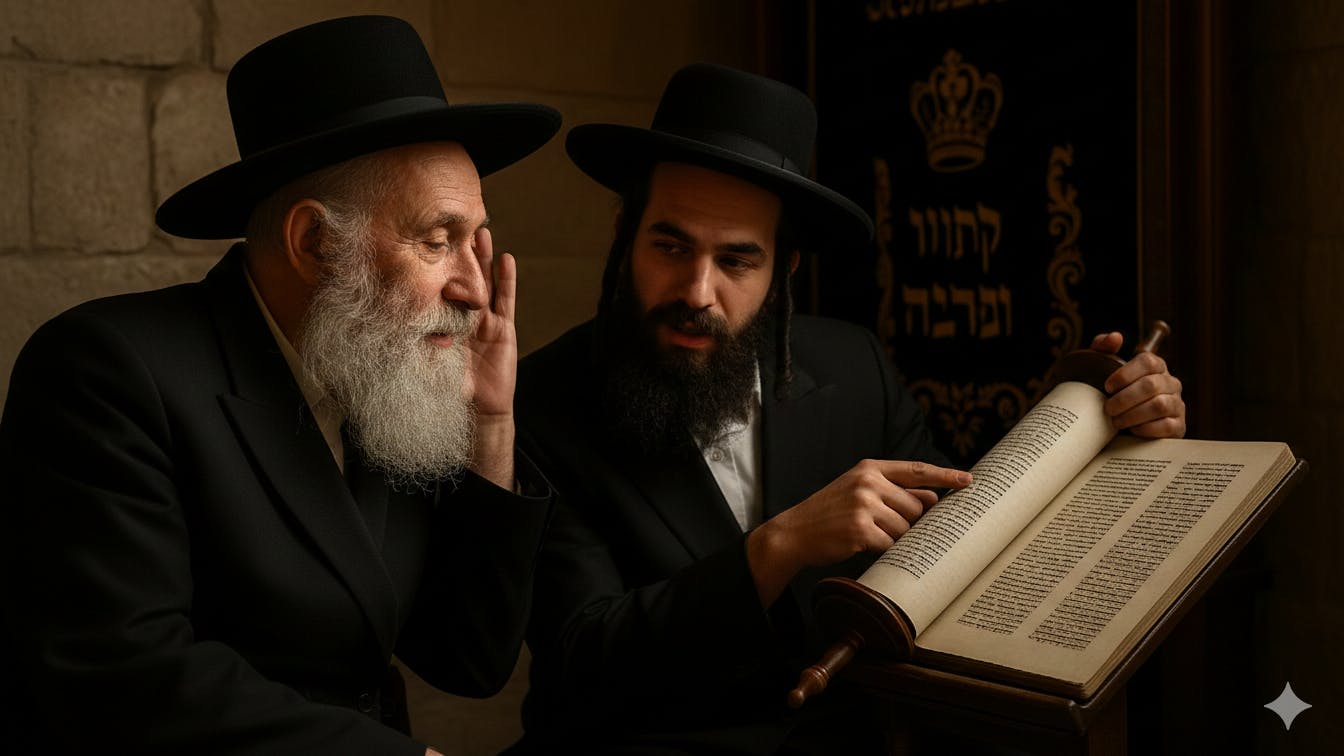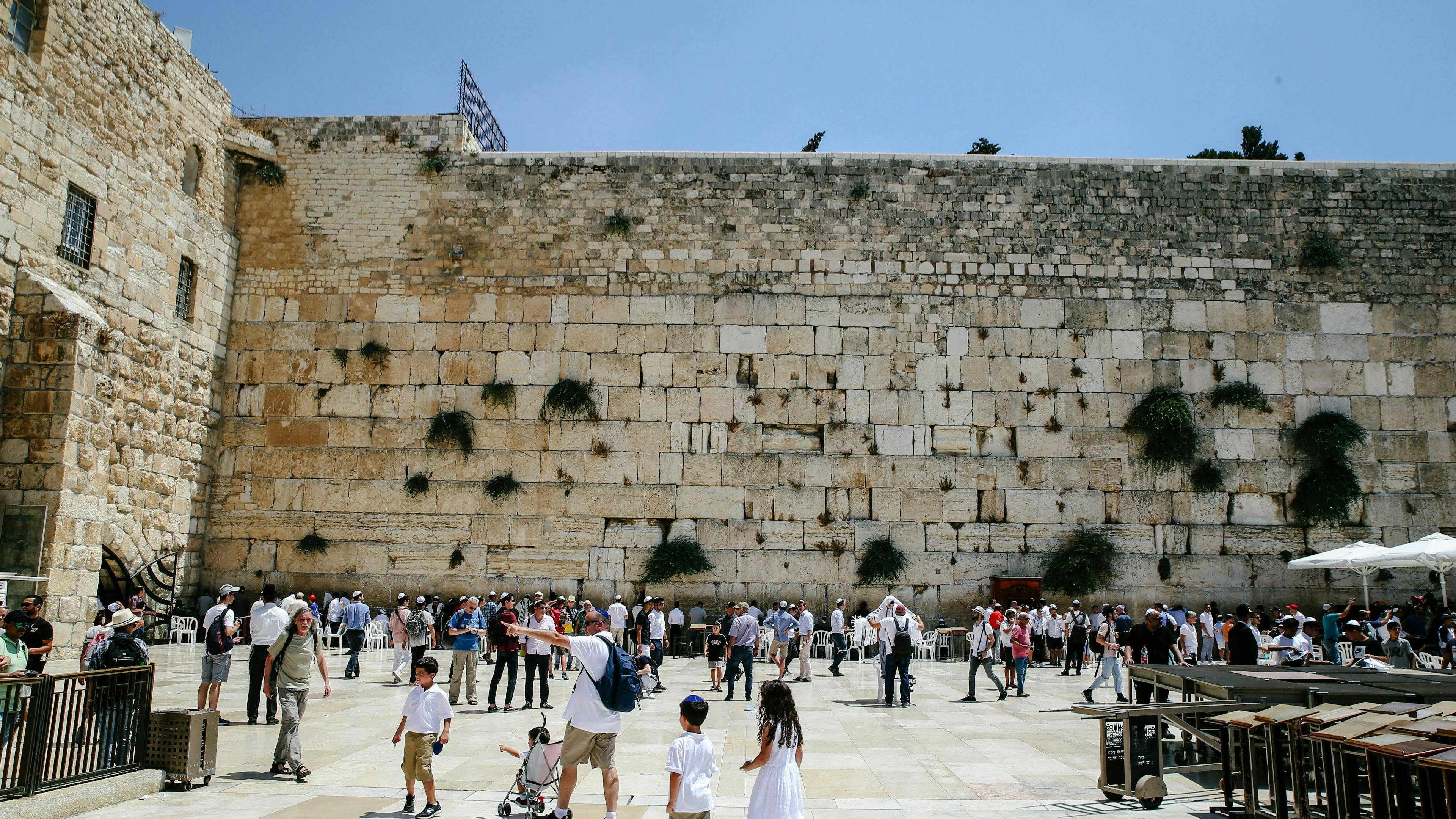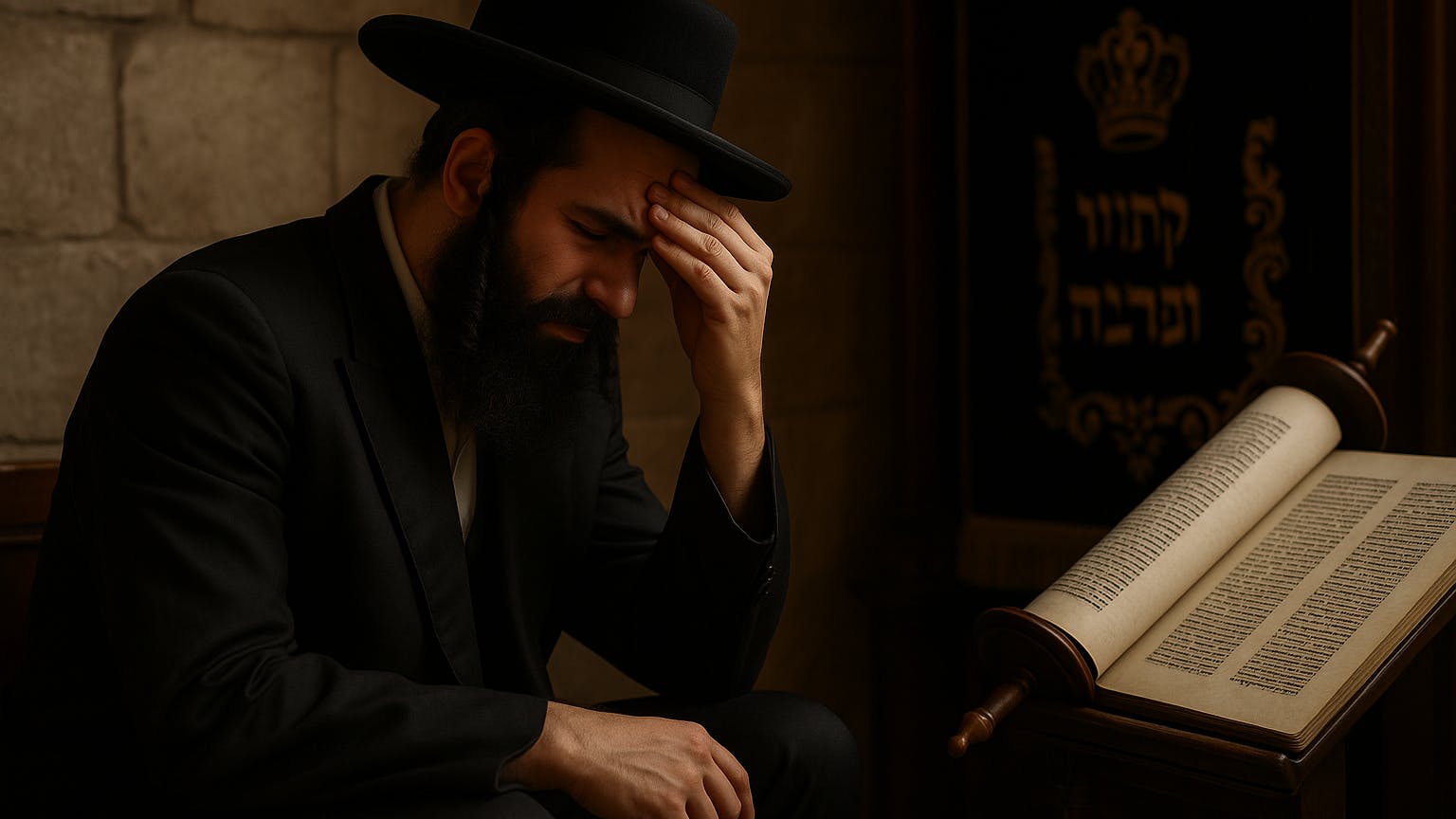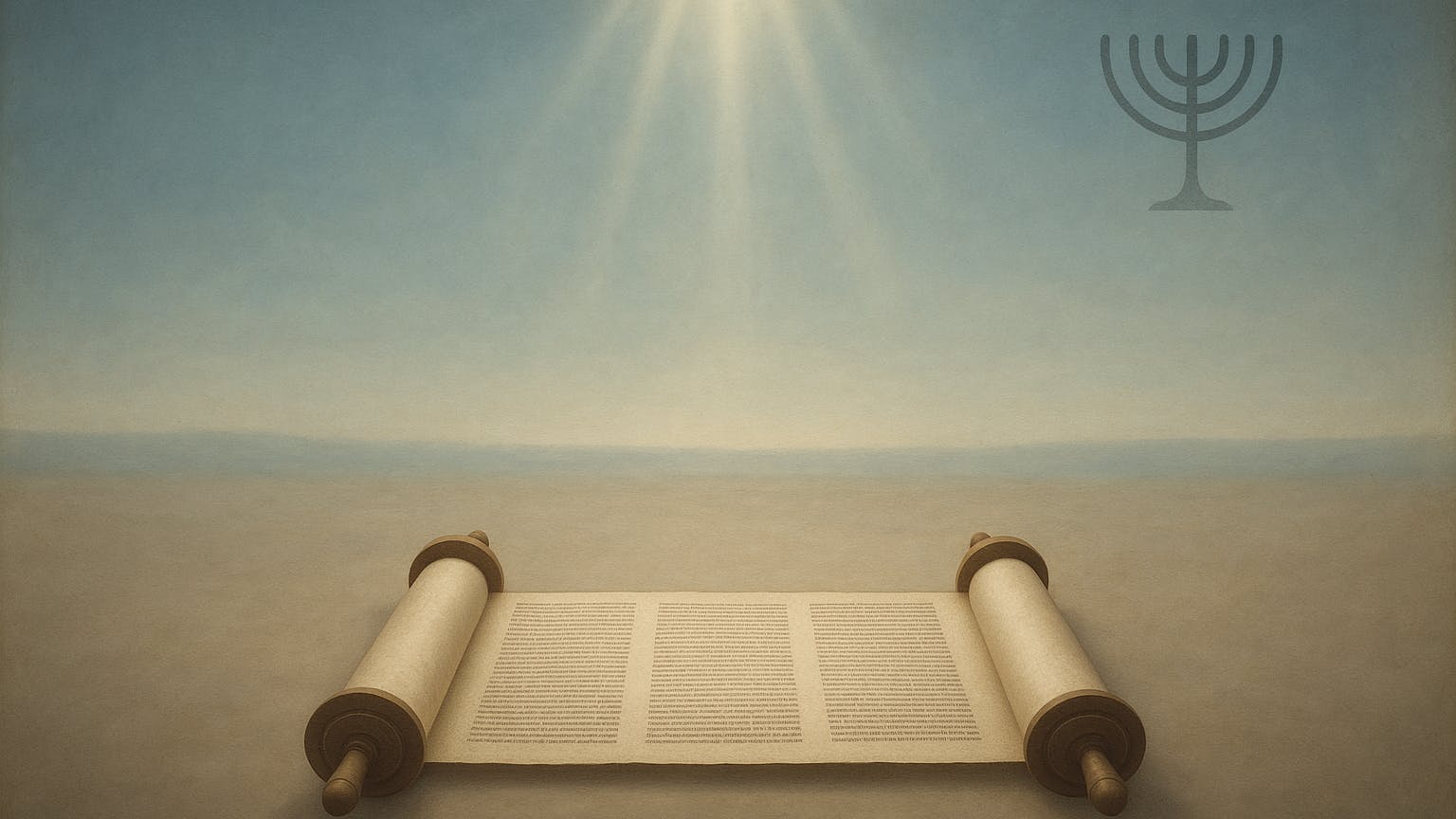As Israel observes two remembrance days in May – “Yom haShoah” and “Yom hazikaron” – these come during a yearly cycle of festivals. Israelis recognize that it is important to remember. Yet when we remember we are not just remembering the actions of others but also God’s actions in history. We remember not simply the memory of those who have gone before us, but also God who created us.
Remembering is important in the Torah. Yet more than Moses and others they were to remember God and what he had done. We read (Deuteronomy 8:11-18):
Deuteronomy 8:11-18
“Beware that thou forget not the Lord thy God, in not keeping his commandments, and his judgments, and his statutes, which I command thee this day: Lest when thou hast eaten and art full, and hast built goodly houses, and dwelt therein; And when thy herds and thy flocks multiply, and thy silver and thy gold is multiplied, and all that thou hast is multiplied; Then thine heart be lifted up, and thou forget the Lord thy God, which brought thee forth out of the land of Egypt, from the house of bondage; Who led thee through that great and terrible wilderness, wherein were fiery serpents, and scorpions, and drought, where there was no water; who brought thee forth water out of the rock of flint; Who fed thee in the wilderness with manna, which thy fathers knew not, that he might humble thee, and that he might prove thee, to do thee good at thy latter end; And thou say in thine heart, My power and the might of mine hand hath gotten me this wealth. But thou shalt remember the Lord thy God: for it is he that giveth thee power to get wealth, that he may establish his covenant which he sware unto thy fathers, as it is this day.”
While there is a natural desire to remember those close to us who have passed away, we ought to remember the Lord God even more, who long ago made a covenant with our forefathers. At this point, Israeli Jews may naturally say, “But I do honor God in the festivals I observe every year!”
But is Israeli society – speaking in general – honoring God the way he wants to be honored, in their religious festival observances?
God is not to be served merely in ceremonies – especially those which are ritualistically performed, almost as unthinking chores – but, rather, he is to be commemorated according to his command.
While God did establish ceremonies and festivals for a time, these made sense in the context of the priesthood of Levi, which was to serve in the tabernacle under Aaron, and later in the temple. During Israel’s exile in Babylon, God indicated to the prophet Daniel that these ceremonies would come to an end: that the temple would be destroyed, The prophecy reads in full (Daniel 9:24-27):
“Seventy weeks are determined upon thy people and upon thy holy city, to finish the transgression, and to make an end of sins, and to make reconciliation for iniquity, and to bring in everlasting righteousness, and to seal up the vision and prophecy, and to anoint the most Holy. Know therefore and understand, that from the going forth of the commandment to restore and to build Jerusalem unto the Messiah the Prince shall be seven weeks, and threescore and two weeks: the street shall be built again, and the wall, even in troublous times. And after threescore and two weeks shall Messiah be cut off, but not for himself: and the people of the prince that shall come shall destroy the city and the sanctuary; and the end thereof shall be with a flood, and unto the end of the war desolations are determined. And he shall confirm the covenant with many for one week: and in the midst of the week he shall cause the sacrifice and the oblation to cease, and for the overspreading of abominations he shall make it desolate, even until the consummation, and that determined shall be poured upon the desolate.”
Indeed, this prophecy counts around 483 lunar years, corresponding to around 476 solar years, between the decree given to rebuild Jerusalem by Artaxerxes (Nehemiah 2:8), and the death of the Messiah in around A.D. 33, who would rise again on the third day, as Hosea prophesied (Hosea 6:2). After the temple was destroyed, the ceremonial aspect of the law – the offerings, the incense, the sacrifices, the priestly system – could no longer be upheld by the nation of Israel: a clear sign that the previous covenant administration had come to an end.
So what was the purpose of the ceremonies in the first place? They were given as promises, to show that the Messiah was to come. God said through the prophet Isaiah: “Incline your ear, and come unto me: hear, and your soul shall live; and I will make an everlasting covenant with you, even the sure mercies of David. Behold, I have given him for a witness to the people, a leader and commander to the people.” (Isaiah 55:3-4). The Messiah then was to be the leader and commander of our people, the Son of God according to prophecy (Psalm 2:7), who is the everlasting God himself (Isaiah 9:6), born of a virgin (Isaiah 7:14) – and for this Messiah to be killed, would mean the end of the ceremonies (Daniel 9:24-27).
God brought in a new era in which worship would not be centered in Jerusalem, but spread throughout the world. John 4:21:
John 4:21
“Woman, believe me, the hour cometh, when ye shall neither in this mountain, nor yet at Jerusalem, worship the Father.”
However, given the way many rabbis speak of the festivals of remembrance in Israel, it is assumed that we are still in the Old Covenant.
Rather than assuming that God is appeased with regular religious observances, we ought to remember that without the right heart, he will despise what we do – even in his name (Amos 5:21-23): “I hate, I despise your feast days, and I will not smell in your solemn assemblies. Though ye offer me burnt offerings and your meat offerings, I will not accept them: neither will I regard the peace offerings of your fat beasts. Take thou away from me the noise of thy songs; for I will not hear the melody of thy viols.”
The truth is that God requires every man to repent of his sins (Acts 17:30), to believe in Christ our passover (1 Corinthians 5:7), and to offer himself as a living sacrifice (Romans 12:1), meaning to live in obedience with God’s moral commands: the Ten Commandments that he gave to Moses on Mount Sinai (Exodus 20). During this time of God’s covenant, while we must attend weekly worship with God’s people, strict outward ceremonies are no longer prescribed.
To observe the festivals of the Old Covenant without believing in the Messiah God promised in those festivals, and to ignore the New Covenant made in Messiah’s blood, is to displease God. Let us remember the prophecies of long ago, that the Messiah would be rejected by the Jewish people (Psalm 118:22-23):
Psalm 118:22-23
“I will not drink henceforth of this fruit of the vine, until that day when I drink it new with you in my Father’s kingdom”
Let us recall Isaiah’s prophecy (Isaiah 53:3-6): “He is despised and rejected of men; a man of sorrows, and acquainted with grief: and we hid as it were our faces from him; he was despised, and we esteemed him not. Surely he hath borne our griefs, and carried our sorrows: yet we did esteem him stricken, smitten of God, and afflicted.But he was wounded for our transgressions, he was bruised for our iniquities: the chastisement of our peace was upon him; and with his stripes we are healed. All we like sheep have gone astray; we have turned every one to his own way; and the Lord hath laid on him the iniquity of us all.” How indeed we have gone astray, as our hearts are desperately wicked (Jeremiah 17:9).
We are all as Scripture describes, disobedient to God, sin affects every aspect of who we are - our thoughts, feelings, desires, and actions. We cannot do good and seek God in and of ourselves. (Psalm 14:2-3): “The Lord looked down from heaven upon the children of men, to see if there were any that did understand, and seek God. They are all gone aside, they are all together become filthy: there is none that doeth good, no, not one.” None of us can be judged righteous in ourselves before God (Psalm 143:2): “And enter not into judgment with thy servant: for in thy sight shall no man living be justified.” And yet the Messiah, Jesus Christ, does justify those who trust in him (Isaiah 53:11): “He shall see of the travail of his soul, and shall be satisfied: by his knowledge shall my righteous servant justify many; for he shall bear their iniquities.”
With all this in mind, let us remember God’s Son, the Messiah Jesus Christ, more than the ceremonies that pointed towards him, lest in all our remembering, we forget God himself.
More Topics
You might alsoo be interested in these topics.




